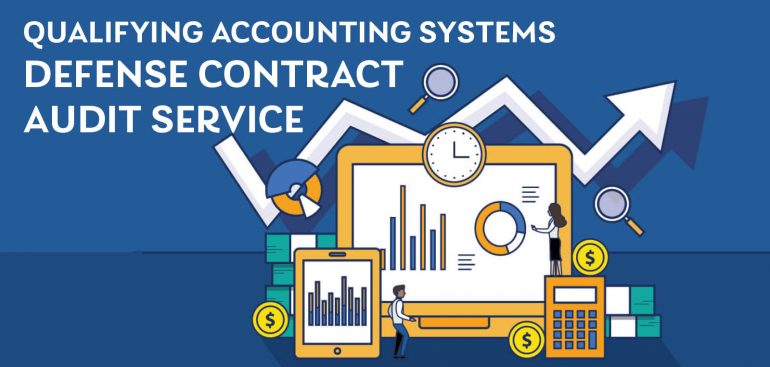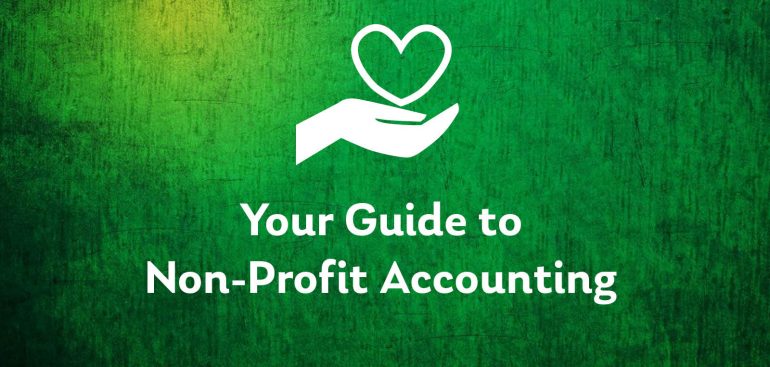Hiring a teen for a summer job can help them to gain valuable skills. Here’s how summer jobs help teens, as well as how we can help you with tax preparation for teens.
Why include teens in job programs and internships?
1. It teaches teens responsibility
Some teens do not yet realize the hard work needed to become successful. Helping them to enter the workplace and introducing them to corporate life will teach them how to earn their money and the responsibilities that come with having a job. They will learn how to accept feedback and the value of teamwork, among other responsibilities.
2. A summer job teaches valuable skills
Teens can learn valuable skills such as good ethics and time management through summer jobs. These lessons are important as they enter adulthood and learn to be responsible working adults.
3. Build teens’ self-esteem
Teens are growing up in a digital age where they tend to compare themselves to others on social media. Their self-esteem can take a dive but with a job, they can grow their confidence and feel better about their achievements in life.
4. Jobs provide independence
A summer job is a good way for teens to gain independence from their parents. Earning their own money will help them to save up for college or eventually start their own business. They will also learn to be tax-abiding citizens.
How can we help you with tax preparation for summer jobs?
If you are hiring teens even for summer jobs, or your teen is looking for a summer job, you will need to check the tax implications. At Georgen Scarborough, we help families and businesses with their tax preparation, payroll services, and financial audits. We can help you to sort out your tax documents and help your business with payroll for teens.
For more information on our tax preparation and accounting services, call us today!



